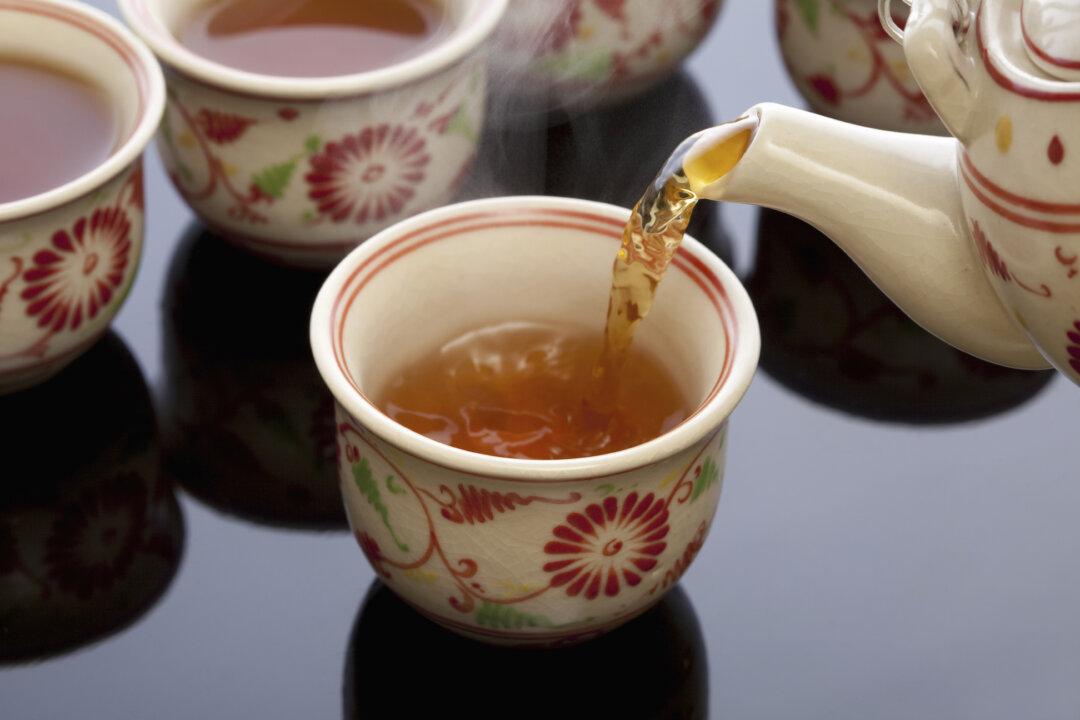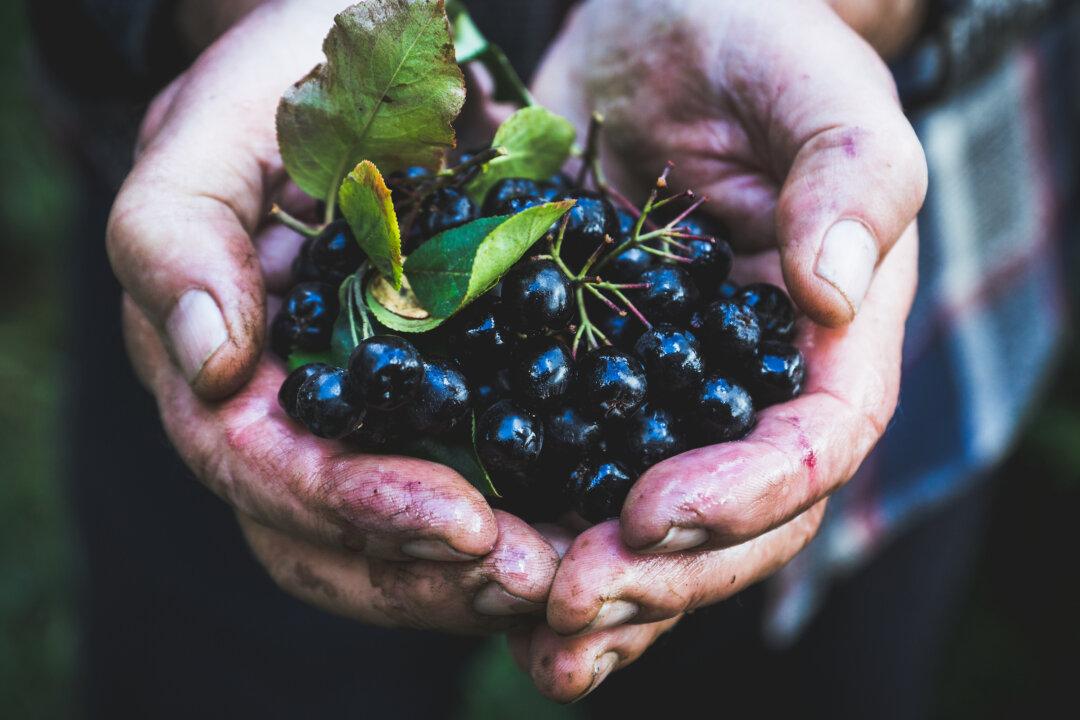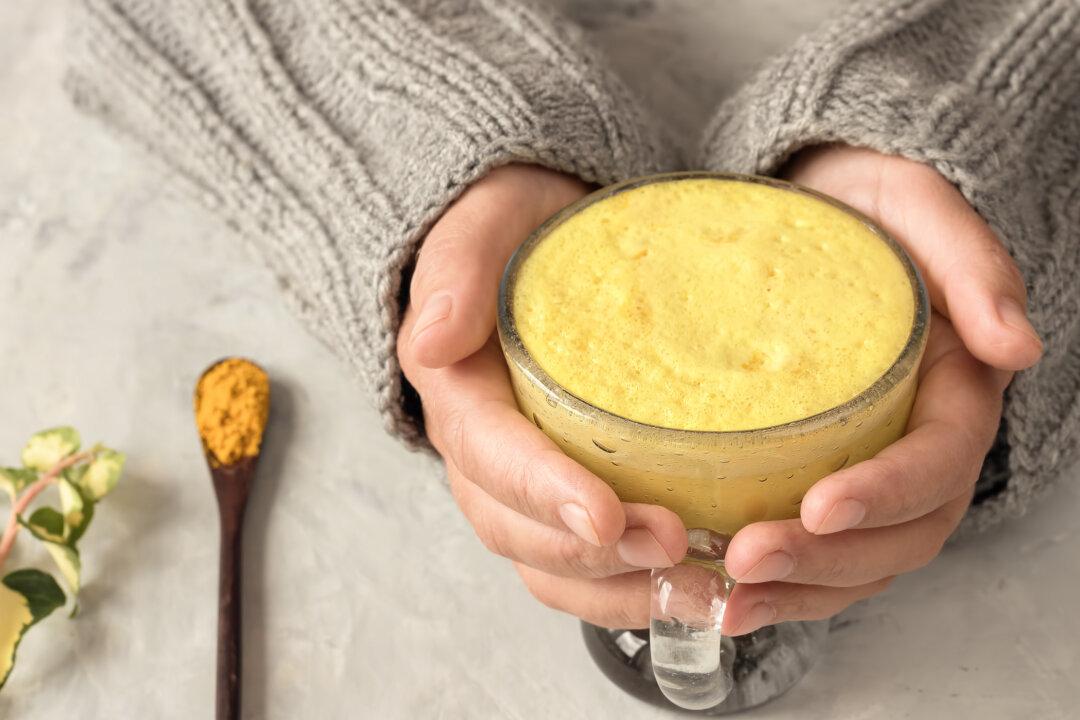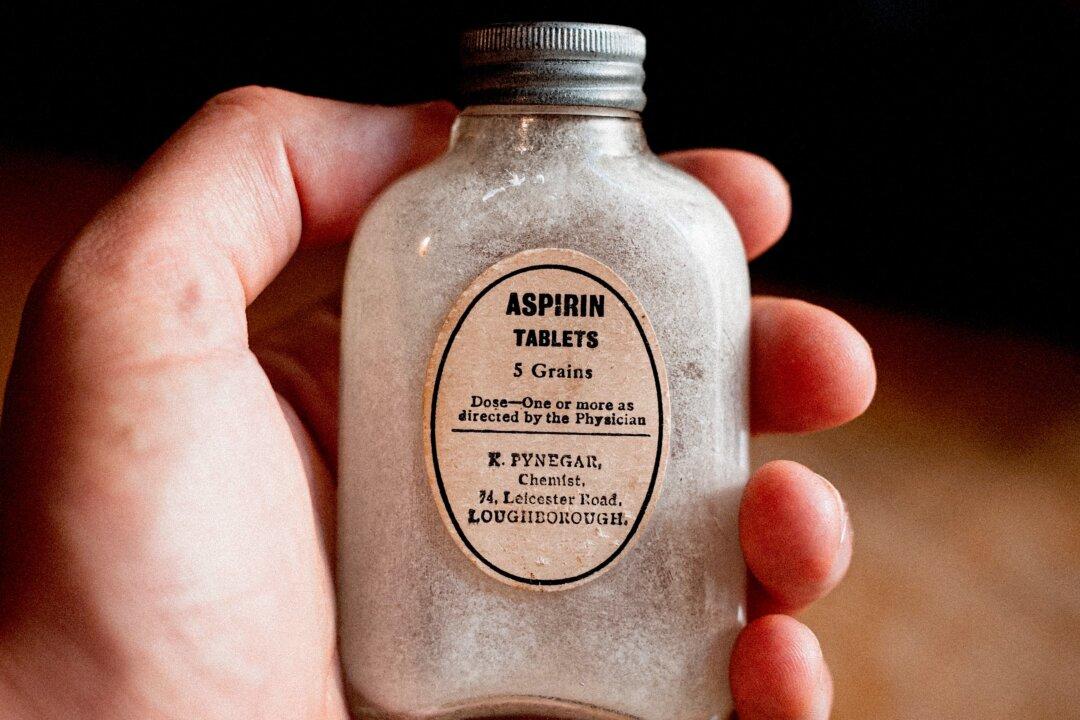Many of the healthiest foods on the planet are often the simplest. And green tea certainly falls into this category. But don’t underestimate this simple pleasure!
Much More Than A Soothing Cuppa
One of green tea’s most impressive benefits can be attributed to a very potent group of compounds known as catechins. These naturally-occurring phytochemicals are found in many foods and are some of the “most powerful disease-fighting phytonutrients found in the plant kingdom,” according to Mark Hyman, MD. You’ll find them in teas, beans, berry fruits, dark chocolate, and even some wines.Research backs him up. According to a study published August 2016 in Nutrients entitled “Suppressive Effects of Tea Catechins on Breast Cancer,” there are more than ten catechin compounds in tea. Of these ten, epigallocatechin gallate (EGCG) is not only the most abundant, but has been proven to have the most suppressive effect on breast cancer.






